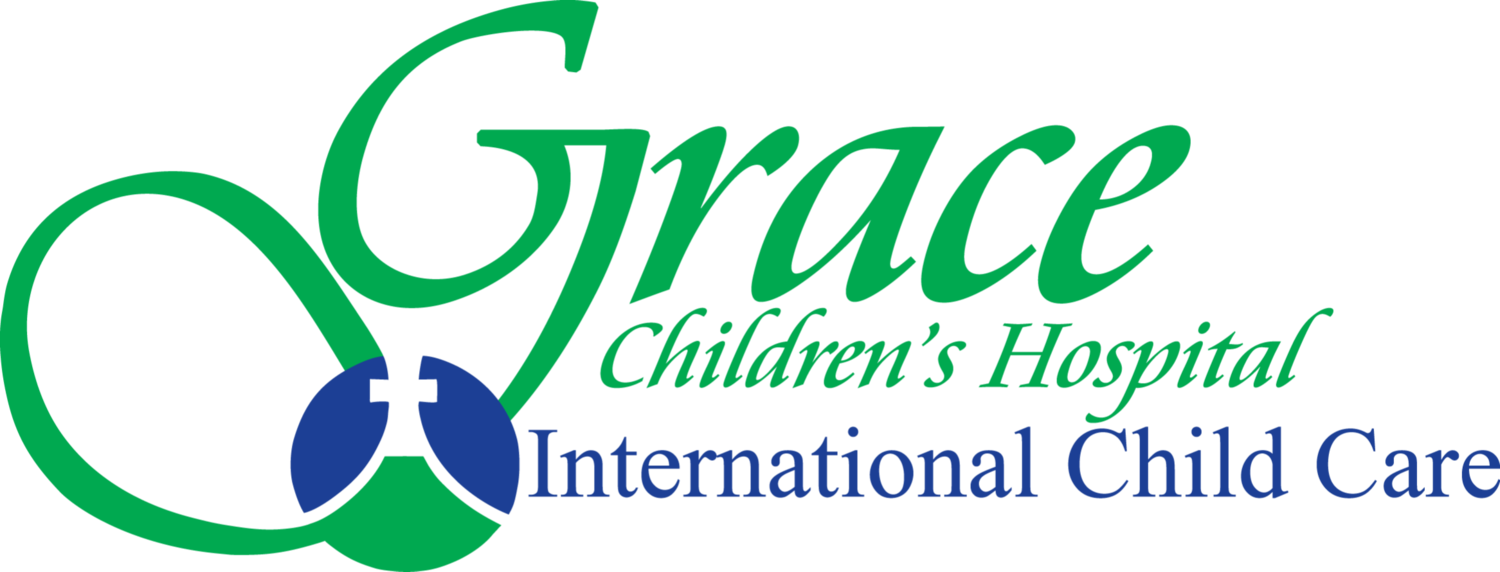When Aldonese Anitchi’s youngest daughter was weighed last month at the age of six months, she could barely fit into the sling the health workers use. In a country where malnourishment and disease take the lives of 1 out of 11 children under the age of five, this is reason to celebrate. The baby’s regular check-ups indicate a healthy start in life.
Aldonese is the mother of three healthy daughters, but neither she nor the father are able to find work and don’t have enough money to send the children to school. She lives in a small, isolated community in Port-au-Prince. We asked her how, despite these odds, her baby is so healthy.
After her baby had just finished feeding, she replied by saying, “Breastfeeding. I was educated to only breastfeed and not feed my child any other food before six months of age.”
Her baby is well because the health promoters that come to her community have taught her how to have a healthy pregnancy and delivery as well as how to care for the child. She and the baby were also able to receive vaccinations, vitamins, and information about how to prevent the spread of diseases.
This is all a part of the Community Health Program run by ICC Haiti out of Grace Children’s Hospital. Health promoters and educators regularly visit isolated communities in which the people do not have enough resources, money, or even clothes to come in to the hospital. Some can pay the small fee (less than $2 USD), but most cannot pay anything. ICC never turns them away for inability to pay.
The program focuses on preventing diseases through education and vaccinations while also keeping an eye out for people who are very sick and cannot afford to go to the hospital.
“The Community Health Program helps bridge the social gap that exists between the hospital and the community,” says Alberta Monpremier, a community health coordinator.
She explains how ICC hosts regular health meetings and at the end of each month, they write a report expressing the needs expressed by the community. Then, each year ICC prepares a strategic action plan based on those needs.
It’s important for ICC to provide, but it’s also important to listen. Alberta says she approaches her work as a means of friendship and establishing trust in the community. “Working with people is a problem between friends from beginning to end. We talk about the problem and learn how to solve it.”

